Sustainability does not need to be an abstract idea; ultimately, it is achievable in every type of business.
Whether your firm is building widgets or providing services like legal advice, you deploy processes to achieve your goals. Within your processes are inputs (paper, water, steel beams) and outputs (a legal brief, a widget) that ultimately lead you to create value for your customers. Through the processing of your raw goods into final products, there are opportunities for sustainability and, thus, efficiency and savings.
The Concept of Sustainability and Why it Matters in Business
A Global Focus on Sustainability
The United Nations adopted 17 Sustainable Development Goals (SDGs) in 2015 as part of its 2030 Agenda for Sustainable Development. Among these urgent calls to action are goals encouraging sustainable practices, many of which have been adopted by global companies to map their own strategic priorities. Below are the UN SDGs directly related to sustainable practices.
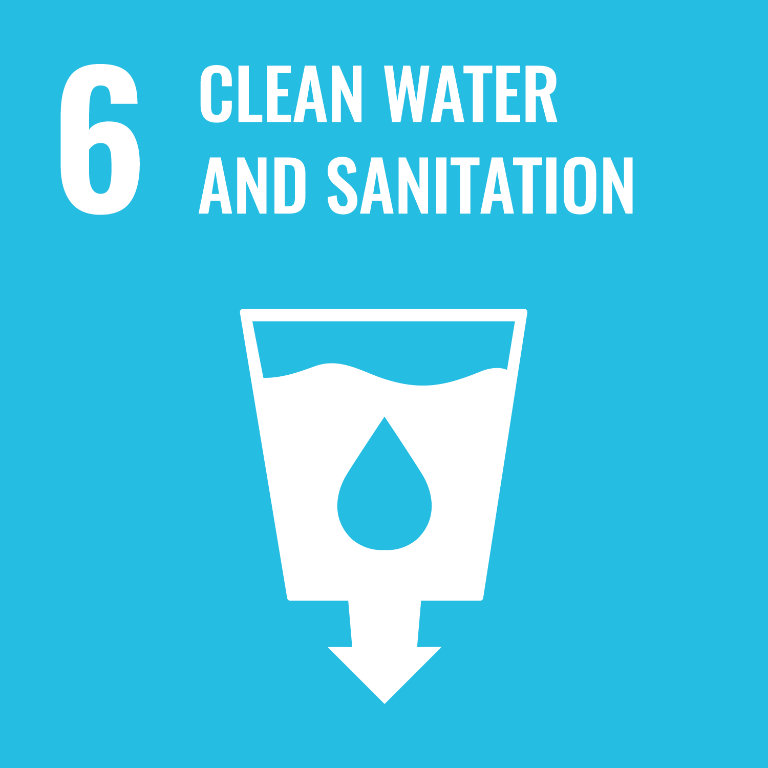
Clean Water and Sanitation
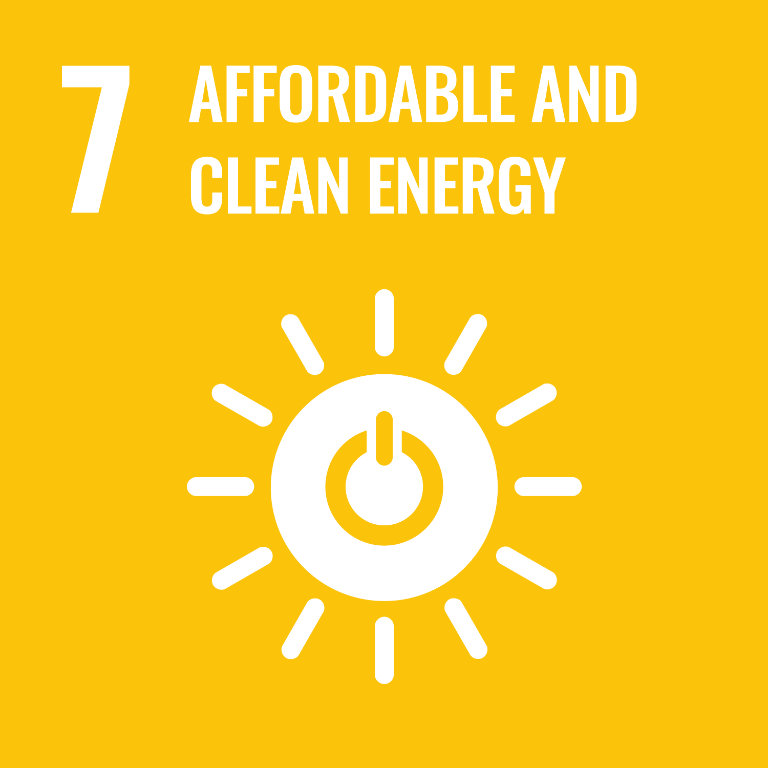
Affordable and Clean Energy
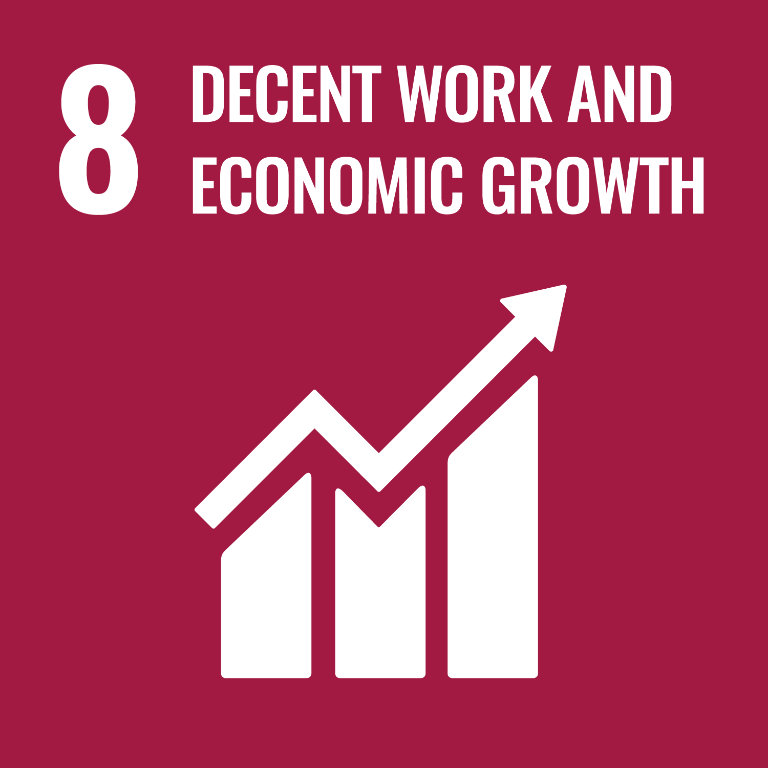
Economic Growth and Good Jobs
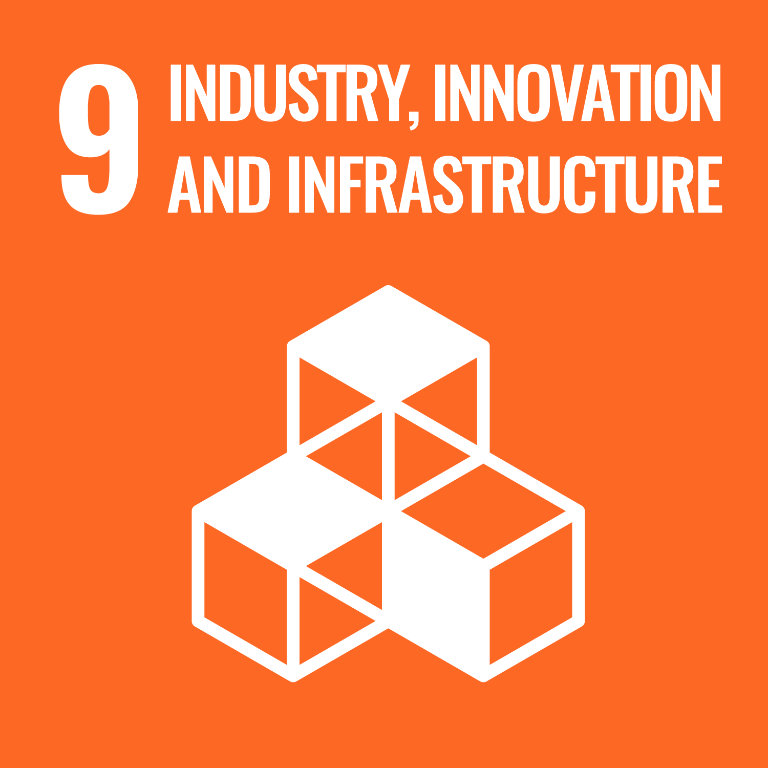
Sustainable Industrialization and Innovation
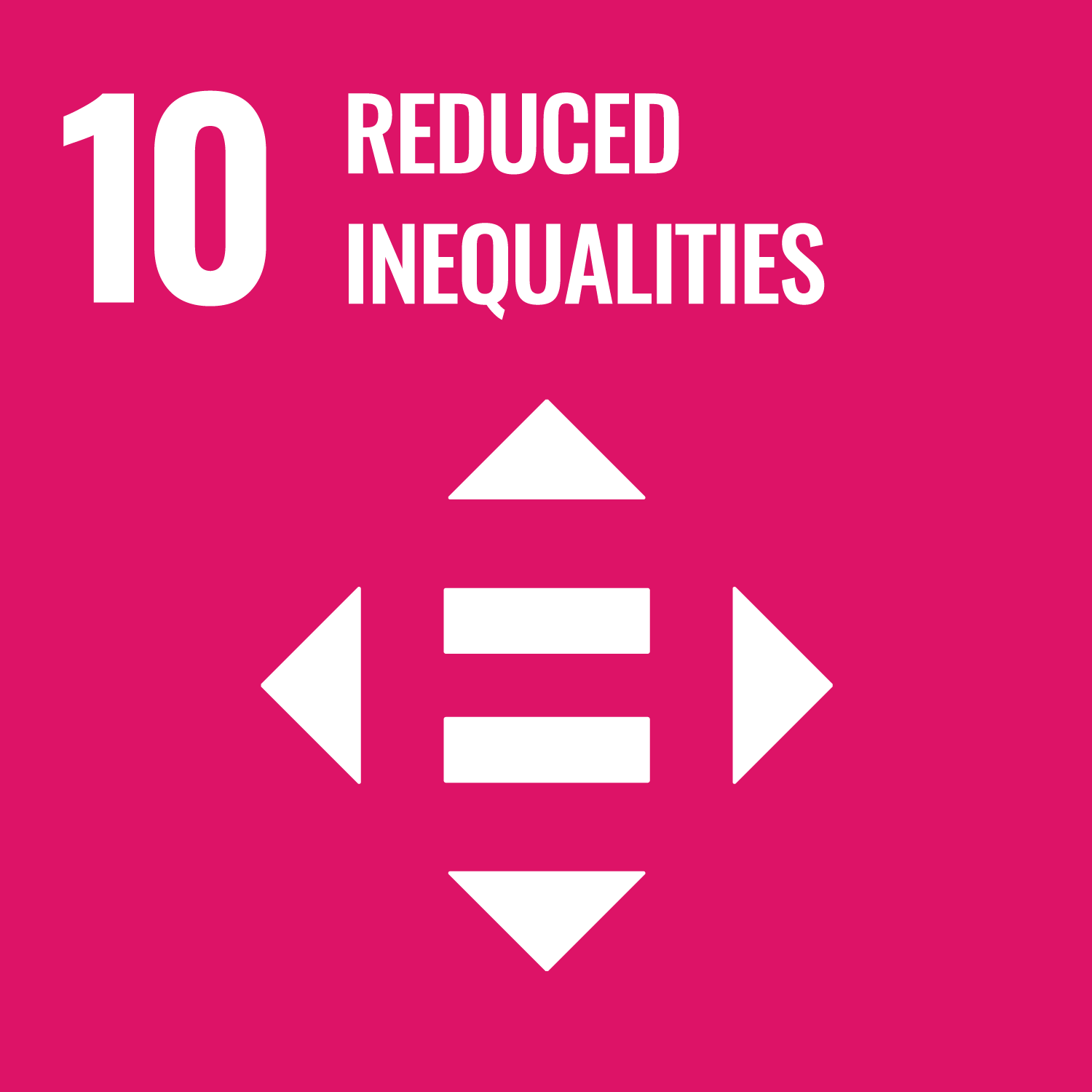
Reduced Inequalities
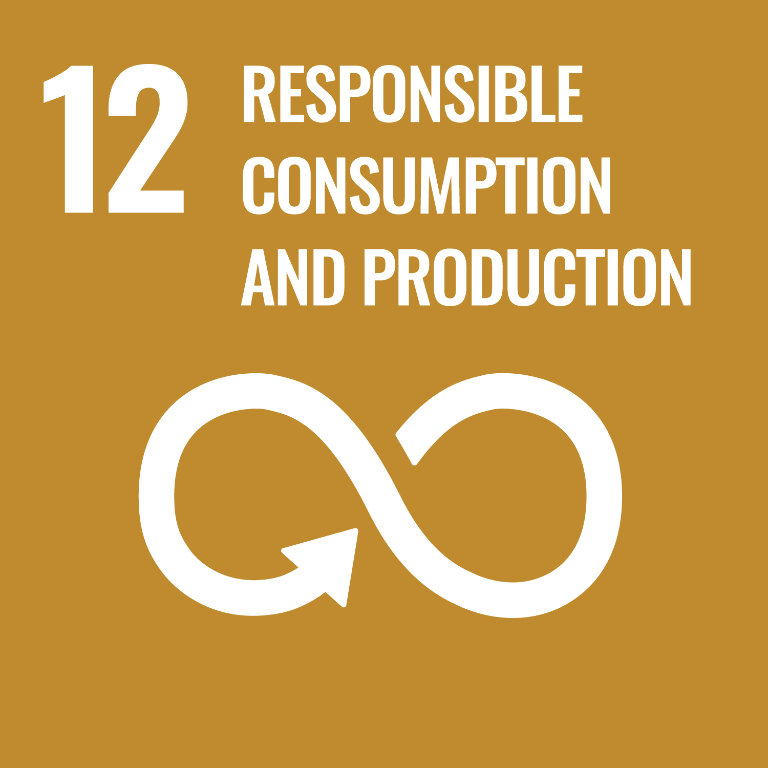
Sustainable Consumption and Production
Sustainability that Works
Once you’ve gained a sustainability mindset, you are able to view energy costs and savings through a new lens. Much like a child who grows up to understand why her parents always turned off lights in unoccupied rooms, a business leader who recognizes the savings that come from efficient use of resources is able to save money and greater competitive edge.
In addition to using fewer resources and improving the costs per unit or service created, a firm that is able to streamline operations can also tout its sustainable practices to a growing consumer base that wants to support such organizations. This is the kind of sustainable mindset that sells.
Opportunities in Sustainability within Operations
Inputs

Instead of buying coal or grid electricity for your firm’s energy, could you make your own through investment in solar panels?
Processes
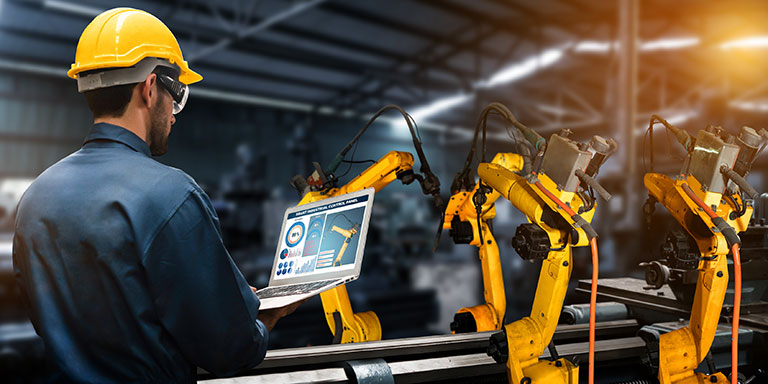
If one of your factories produces one widget an hour, and another factory produces 10 widgets in the same amount of time, what can you do to improve your process at the first location? Coca-Cola reduced energy consumption through new machines and systems.
Outputs

Is there value for your firm in what you throw out? Close the loop to create a circular value chain in which your outputs can also become your inputs. Colgate-Palmolive plans to source 100% renewable electricity for its global operations by 2030.
Partnerships

How can you work with public, private, and academic partners to improve sustainability performance? Collaborating with suppliers and researchers can help reduce your carbon footprint, improve product quality and enhance working conditions and livelihoods of supply chain partners overseas. Connect with us to partner with the IU Sustainability Lab.
AI in Sustainability
Artificial intelligence (AI) is helping to drive modern sustainability efforts. For years, manufacturers have collected vast amounts of data using sensors installed within the production or supply chain lines. Through data collected from these sensors, we can better predict:
- When to shut down equipment to save energy.
- Optimal times to schedule preventative maintenance.
- How best to reduce accidents on the factory floor.
- Better ways to examine product quality.
By processing this wealth of data using AI, we can make more accurate predictions about effective approaches to sustainability.
The Multiplier Effect
Much like the example of turning off unused lights, small changes in sustainable practices can create exponential value to your bottom line. If one of your locations produces a good or service twice as efficiently as 10 other locations, identifying and repeating the efficient practice across all locations can multiply the impact of this sustainable practice.
Where do you begin?
Sustainable practices create value for more than just your stockholders; these steps create value for all your stakeholders, including employees, your local community and our planet. While there are often quick wins, most sustainability strategies often take time, so your long-term strategy is critical. Learn more about how we have created impact with local firms seeking greater savings from sustainability.
Connect with us.
Is there room for positive impact in your firm? Connect with us to learn more about the value of sustainable strategies and Awaysheh's work in this area.


